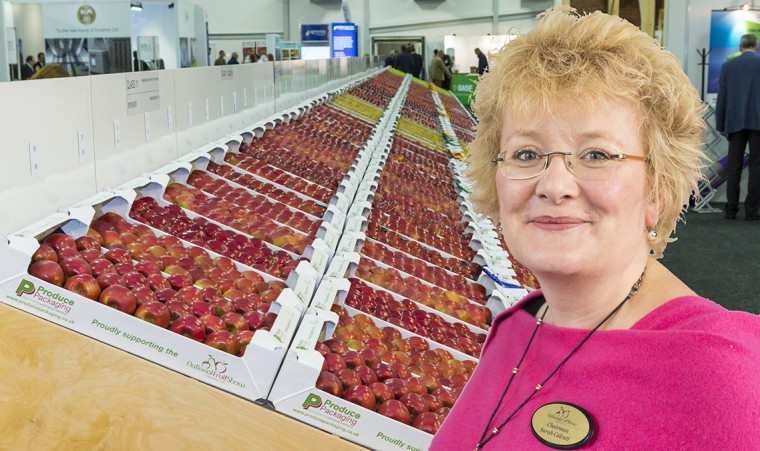There are always a great range of speakers, leaders in their field giving great presentations and stimulating a good debate at the Westminster Food and Nutrition briefings. The latest one didn’t disappoint, examining the policy priorities for the UK food, drink and farming industry.
We heard from Sarah Church (Defra director of Policy), Minette Batters (deputy president NFU), and Kaley Hart (head of agriculture for the Institute of European Environmental policy in one session and then Rob Ward from the Grocery Accelerator (more another day, and if you have a great product ready for a new market, this is the man of the moment), Angela Coleshill of the Food and drink Federation and then David Williamson who spoke about British products abroad. What a great day.
Sarah Church opened with the bold reminder that all the while Article 50 hasn’t been invoked and then until we complete the leave negotiations we are full members of the EU with all rights and obligations. She continued saying that we need to focus on what is the best of what we have while planning what our life outside the EU would be. A lot of time is being spent looking at laws and their conversion into domestic policy to ensure a smooth transition legally, she assured the delegates that much attention was being paid to the needs of the farming sector. With CAP funding guaranteed to 2020 (and as we go to press this statement has been repeated with no move forward as yet) all current and near future plans are being honoured. Credit was given to the difference that the CAP had delivered – as an example there are now the highest number of trees in the UK for 400 years.
But where is it going in the future? Clearly there is no crystal ball, the consensus from all the speakers is that it is about championing industry, intervening where necessary, nurturing innovation (look at the support for the agritech strategy in the Autumn statement). The timescale on the development of new agricultural policy does appear to be stretching – there is a very extensive consultation ongoing examining the trials of science based approaches underpinned by risk assessments for crop production, evidence led approvals for plant protection products and environmental measures. What seemed sure, given the business background of Mrs Leadsom, that ROI evidence will be required to justify any support – how has the funding delivered change, improvement and increased our productivity while protecting the environment and producing nutritious food? Hmm, sounds simple doesn’t it, but it’s taxing the brains of a very strong set of representatives who are fighting our corner.
One of those representatives is Minette Batters. Didn’t she grab everyone’s attention and tell them all exactly how it is? She reminded everyone that we need to talk about the food we produce and what is needed to get it to the consumers. We currently need 85,000 seasonal workers, by 2020 this will rise to 95,000. Fresh produce relies on the human hand for harvest, there is no mechanised harvesting equipment in sight for much of our produce. Its availability is taken for granted by consumers yet there is a very real danger of British fruit and veg left rotting in the fields if we don’t get the necessary access to labour. It’s nonsense to think that we have enough in our indigenous population to cover the eight million jobs that are done by non UK passport holders. The figure of 3.8 million Europeans working in the UK in 2016 sticks in my mind, we have around 1.4 million unemployed… gosh that’s an easy bit of maths to see that we need access to labour, that free movement is an essential part of our post Brexit world.




